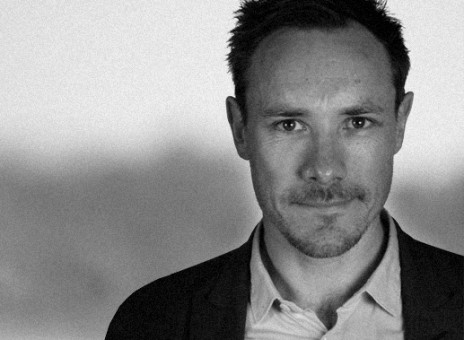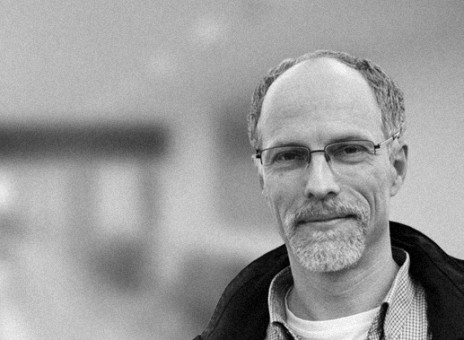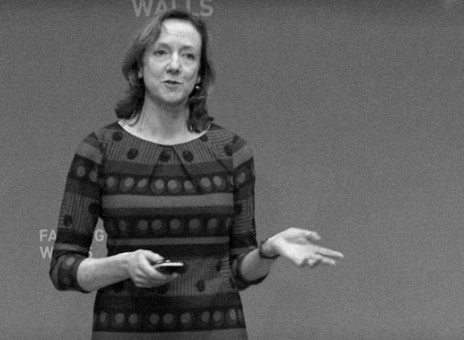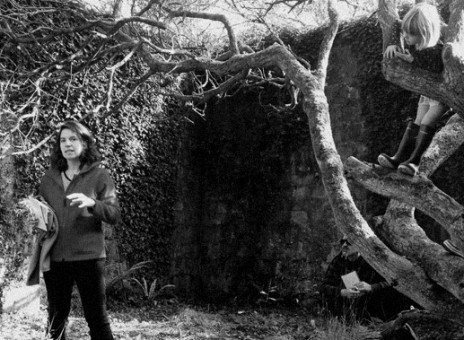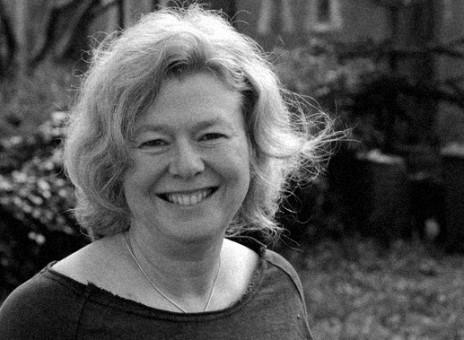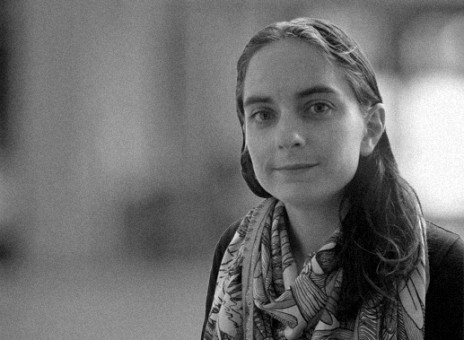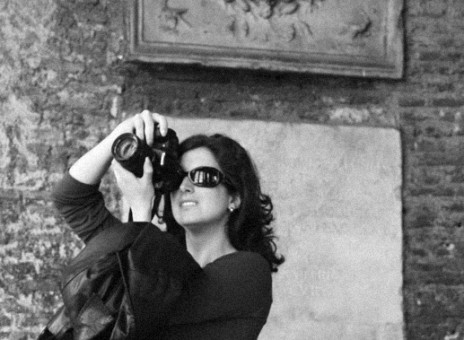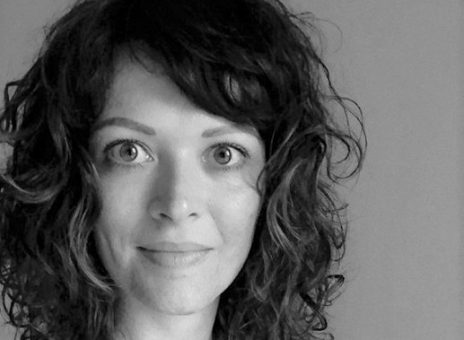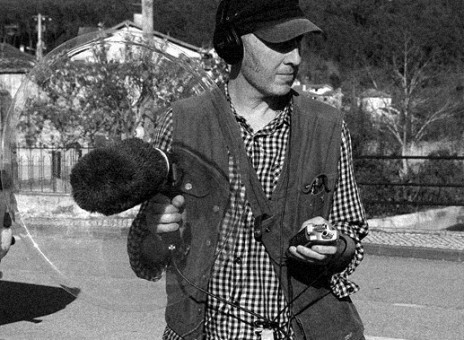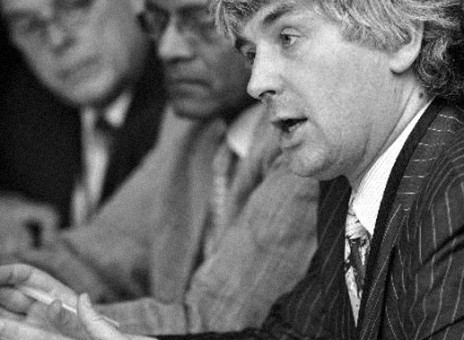Heritage Futures at the 19th ICOMOS General Assembly in Delhi
At the end of 2017, Heritage Futures took part in the ICOMOS General Assembly & Scientific Symposium, held in Delhi in December. We ran three specific events, all billed as part of the Culture-Nature Journey, itself one of four themes of the Scientific Symposium; and an extension of the Nature-Culture journey in which we also participated in at the IUCN meeting in Hawaii in 2016.
Our Creative Fellow, Antony Lyons, showed his film-poem Gift to the Future: Episode 2, which draws together themes from across the project. The film reflects Heritage Futures’ engagement with deep and uncertain futures – with space messaging (including through interviews with our project partner and friend Jon Lomberg), with rewilding, and transforming sites. It asks viewers to reflect on the cultural legacies of future-making practices, and introduced to the ICOMOS audience some of the perspectives the project has taken on the legacies of heritage and how action in the present – often in the name of the past – determines futures. Antony’s film will be uploaded shortly – along with Episode 1 – watch this space!
Our second event was a “Knowledge Café,” Building Sustainable Heritage Futures in the Anthropocene. Very much an interactive event, each of the themes put a provocation to the full room. Situated within the Culture-Nature Journey theme (launched within ICOMOS at Delhi, following its debut at IUCN in Hawaii), we asked the audience to respond to propositions that shifted perspectives slightly – reorienting “natural” objects as “cultural” ones; positing the idea of curation as a “gardening” activity, and suggesting weeding as part of such a suite of caring practices; suggesting that the categories of heritage and waste are driven by cultural interpretation rather than being substantively different from each other. The engaged discussion of these points brought out lots of issues, including many local perspectives such as the attribution of rights to trees and rivers. We were delighted by the involvement from students and lecturers involved in the Cultural Heritage Studies MA degree programme at Ahmedabad University and others from Australia and Europe.

In our Knowledge Cafe, we proposed shifting perspectives slightly – reorienting “natural” objects as “cultural” ones; seeing curation as a “gardening” activity, (with weeding as part of a suite of caring practices); suggesting that the categories of heritage and waste are driven by cultural interpretation rather than being substantively different from each other.

Our third event took place over a sponsored lunch, in the verandah space of the impressive India Habitat Centre which hosted much of the conference. Over a buffet meal we played the game The Thing From The Future with conference delegates who had signed up to the event earlier. Around 80 participants spread out over tables of 10, each compared by a member of the Heritage Futures team (plus guest croupier Sandra Uskokovic (University of Dubrovnik) who expertly stepped in to fill a gap). The game was adapted from that developed by the artists collective Situation Lab. Players are asked to imagine (invent) an object – a future thing – that emerges over a time period, within a context and mood, all determined by the cards drawn. We asked participants to consider these objects in light of their own heritage practices, and to imagine how the things that heritage practictioners work with emerge out of their contexts – and how, therefore, bequeathing the ‘things’ of now to uncertain ‘futures’ may not always be the gift it is claimed to be. Among the weird and wonderful objects to emerge was a factory line that churned out Wonder Women, and a charter for zombies. The original game can be downloaded here. Our slightly adapted set can be downloaded here. Rules (though players should feel free to adjust and hone at will) can be downloaded here.
Anyone interested in the high-resolution print version should contact us.

The game generated a lot of enthusiastic discussion – not least around the dystopian futures that many had envisaged, both at odds and also in occasional accord with futures imagined in the heritage rhetoric of bequeathing – and, since it necessitated concretely imagining those futures, helped to further embed how Heritage Futures has been attempting to problematize future creation as a heritage practice. It was with great pleasure that we later saw the game being played in Delhi’s cafes by students from the School of Planning and Architecture, Bhopal.
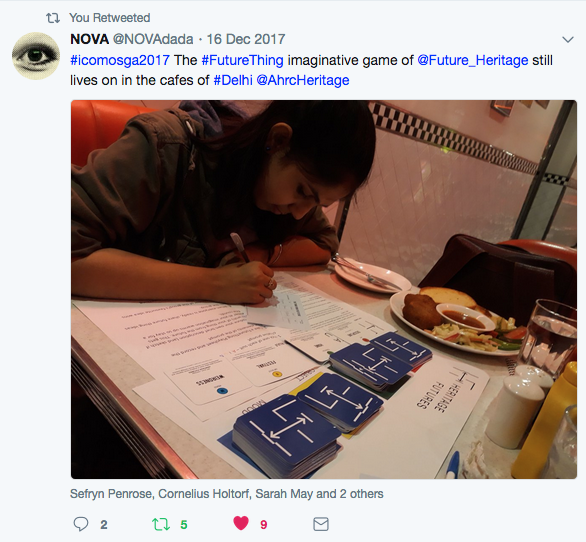
The impact of our activities was clear in the summary of the nature culture journey which was given on the final day of the General Assembly which took on board directly several points we fed through to them regarding our work and how it relates to the theme of Culture-Nature. Rodney Harrison was also involved in helping to draft a resolution on Heritage and climate change with colleagues from US NPS and US/ICOMOS, which was passed on the final day of the General Assembly, the text of which can be seen here https://www.scribd.com/document/367264163/ICOMOS-Climate-Change-Resolution-19GA-2017-English-2
More broadly, Delhi performed as an exciting host city to ICOMOS – the advisory body to UNESCO on sites and monuments – and participants at the conference as well as the city itself offered superb food for thought, from differences in heritage understandings and philosophies to the stunning backdrop of several World Heritage Sites; the universality of “heritage narratives” to the uniqueness of the mega-city itself.
